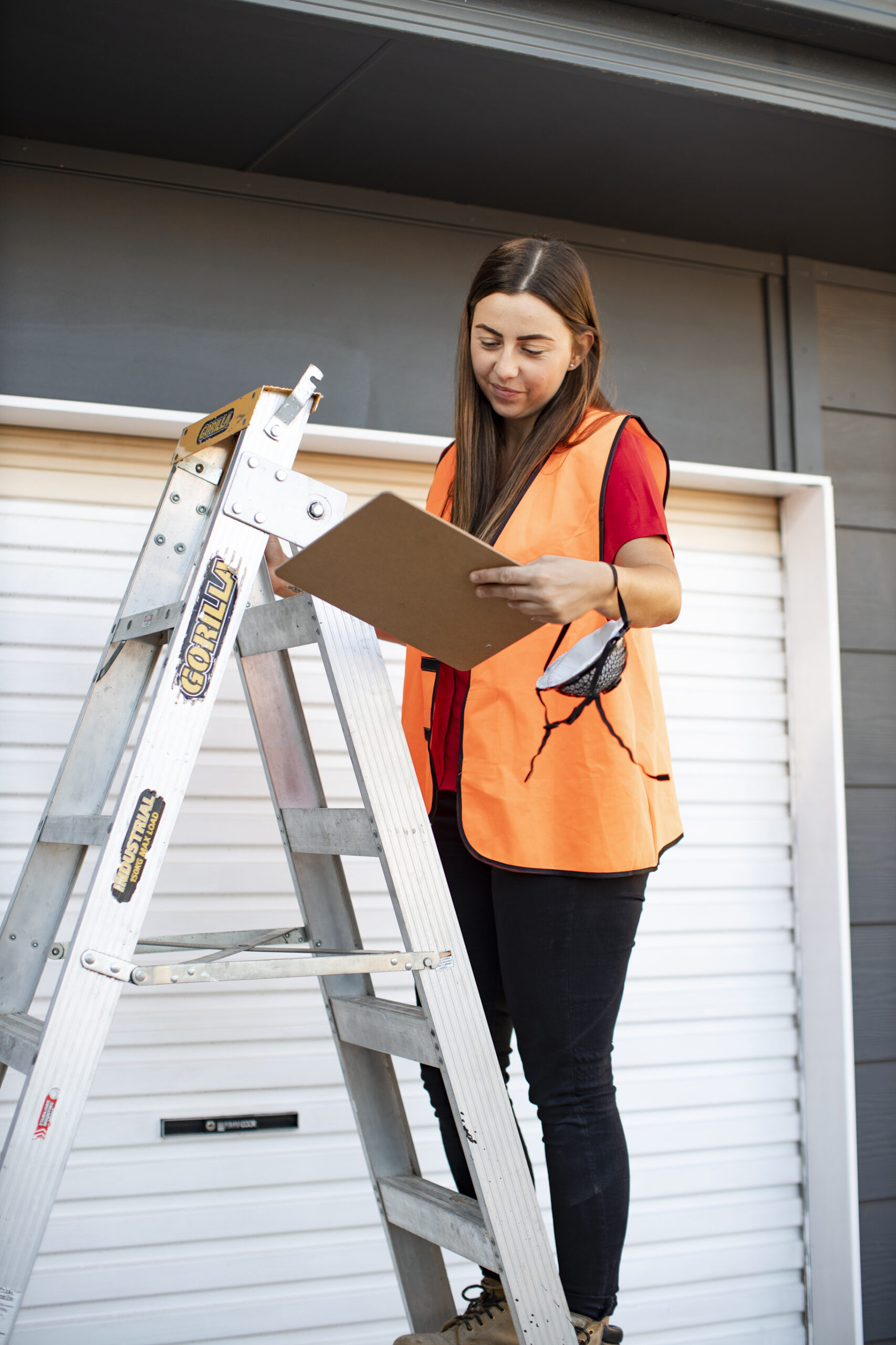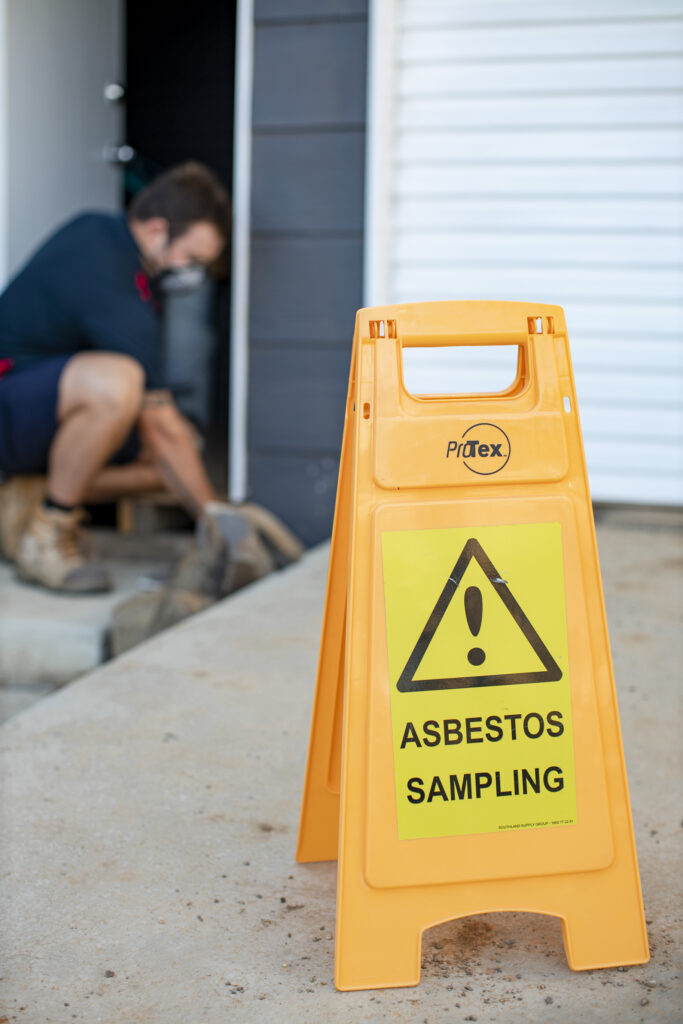What Is an Asbestos Register?
An Asbestos Register is a document that identifies and provides information about the presence of Asbestos-containing materials in a building. It helps manage asbestos risks and ensure compliance with safter regulations. The register includes details about the location, type, condition and quantity of Asbestos. Its purpose is to prevent disturbance or damage to asbestos materials and the release of harmful fibres.
When Are Asbestos Registers Required and Why Are They Needed?
Asbestos registers are typically required in various situations where asbestos-containing materials may be present. The specific requirements may vary from state to state, but here are some common scenarios when Asbestos registers are required:
1. Workplace and commercial buildings
If you manage, own, or control a workplace, it is your responsibility to ensure an Asbestos register is prepared, maintained, and always kept at a workplace. All commercial buildings built before the 31st of December 2003 in NSW require an Asbestos register. This includes offices, factories, schools, hospitals, retail spaces, and public buildings. The register ensures compliance with occupational health and safety requirements and helps protect the health of employees, visitors, and contractors who may be exposed to Asbestos.
2. Compliance
Governments and regulatory bodies require the maintenance of Asbestos registers to ensure compliance with health and safety regulations.
3. Protection Of Occupants and Workers
An Asbestos register helps protect the health and safety of building occupants, employees, and maintenance personal by ensuring that necessary precautions are taken to prevent asbestos exposure during routine activities, maintenance, or emergencies.
4. Renovation or Demolition works
The register will assist in planning maintenance activities, renovations, or demolition projects by providing essential information about Asbestos. It helps determine the scope of work, the need for specialised Asbestos contractors, and the implementation of appropriate safety measures prior to works commencing.

Critical Information

What Should an Asbestos Include?
An Asbestos Register should include the following:
- Location details of asbestos-containing materials (ACMs)
- Description of Asbestos types
- Condition assessment of Asbestos
- Supporting documentation (E.g., Photographs, diagrams)
- Inspection and testing records
- Maintenance and removal history
- Health and safety precautions
The register serves to identify Asbestos, assess the condition, track quantities, and document relevant information for safety and compliance purposes.
How Long Does an Asbestos Register Last?
In Australia, the lifespan of an asbestos register varies based on state or territory regulations. Generally, it should be regularly reviewed and updated, with a recommended review frequency of at least once every 5 years or when significant changes occur. Its important to consult local legislation for specific requirements. Regular updates ensure accuracy, compliance, and effective management of asbestos risks.
Who Must an Asbestos Register be provided to?
An Asbestos register must be provided to the building owner/occupier, employees/workers, contractors, maintenance personnel, regulatory authorities and building tenants, as required by local regulations.
How we can help
Our team are fully trained and experienced in Asbestos consulting with vast experience in identifying and sampling hazardous materials including Asbestos. With a team of Licensed Asbestos Assessors, we are committed to undertaking a comprehensive site inspection and sampling plan to identify Asbestos within a site and delivering a comprehensive and detailed Asbestos Register/Audit report on our findings.



